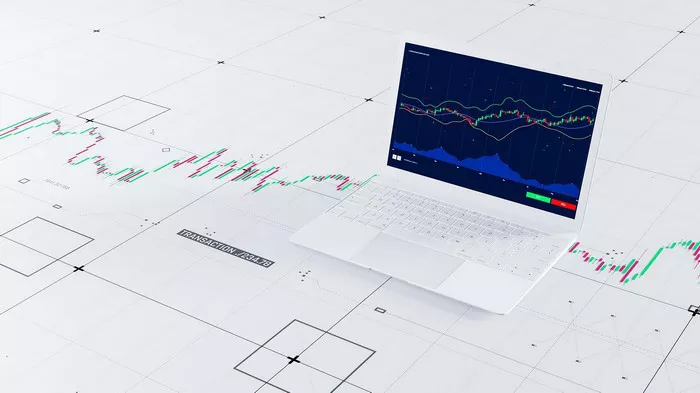In the dynamic world of forex trading, various avenues exist for traders to participate and profit. One such avenue is through proprietary trading firms, commonly known as prop firms. These entities offer traders the opportunity to trade with the firm’s capital, providing a unique platform that differs significantly from traditional retail trading. Understanding what a prop firm in forex entails is crucial for traders seeking to leverage additional capital and resources to enhance their trading careers.
Understanding Prop Firms in Forex
A proprietary trading firm, or prop firm, is a company that provides traders with access to its own capital to trade financial markets, including the forex market. Unlike retail traders who use personal funds, prop traders utilize the firm’s resources, allowing for potentially larger trades and increased profit opportunities. In return, profits generated are typically shared between the trader and the firm, fostering a mutually beneficial relationship.
How Prop Firms Operate
Prop firms operate by allocating capital to skilled traders who have demonstrated proficiency and a solid understanding of market dynamics. These firms often have specific criteria and evaluation processes to select traders, ensuring that only those with the requisite skills manage the firm’s funds. Once selected, traders are provided with access to advanced trading platforms, analytical tools, and real-time market data to execute trades effectively.
Evaluation and Selection Process
Before gaining access to a prop firm’s capital, traders typically undergo an evaluation process. This process assesses a trader’s ability to manage risk, maintain consistent profitability, and adhere to the firm’s trading guidelines. Evaluations may involve simulated trading environments where traders must meet specific performance metrics over a set period. Successful completion of this phase often leads to a funded trading account with the firm.
Profit Sharing Models
One of the key features of prop firms is the profit-sharing model. Traders earn a percentage of the profits generated from their trading activities, with the remaining portion retained by the firm. Profit splits can vary, commonly ranging from 60% to 90% in favor of the trader, depending on the firm’s policies and the trader’s performance. This model incentivizes traders to perform well while allowing firms to benefit from successful trading strategies.
Risk Management Protocols
Risk management is paramount in prop trading. Firms implement strict risk controls to protect their capital, including maximum drawdown limits, position size restrictions, and daily loss thresholds. Traders are expected to adhere to these protocols, ensuring that trading activities align with the firm’s risk appetite and capital preservation goals.
Advantages of Trading with a Prop Firm
Trading with a prop firm offers several advantages:
Access to Capital: Traders can operate with significantly larger capital than they might personally possess, enabling the execution of more substantial trades.
Advanced Resources: Firms provide cutting-edge trading platforms, analytical tools, and market data, enhancing trading efficiency.
Educational Support: Many prop firms offer training programs, mentorship, and continuous learning opportunities to develop traders’ skills.
Reduced Personal Risk: Since traders use the firm’s capital, personal financial risk is minimized, though adherence to risk management rules is mandatory.
Challenges and Considerations
While prop trading presents numerous benefits, traders should be aware of potential challenges:
Performance Pressure: Traders must consistently perform to retain access to the firm’s capital and favorable profit splits.
Strict Compliance: Adherence to the firm’s trading rules and risk management protocols is non-negotiable.
Profit Sharing: A portion of profits is shared with the firm, which may be less appealing to traders accustomed to retaining full earnings.
Comparison with Retail Trading
Retail trading involves using personal funds to trade, offering complete control over trading decisions and profits. However, it also entails full exposure to market risks and limited capital. In contrast, prop trading provides access to substantial capital and resources but requires compliance with firm-specific rules and profit-sharing agreements. The choice between the two depends on individual preferences, risk tolerance, and trading objectives.
Conclusion
Proprietary trading firms play a significant role in the forex market by enabling skilled traders to leverage additional capital and resources. Understanding the structure, benefits, and challenges of prop firms is essential for traders considering this path. By aligning with a reputable prop firm, traders can enhance their trading capabilities, access advanced tools, and potentially achieve greater financial success in the forex market.
Related topics:






























